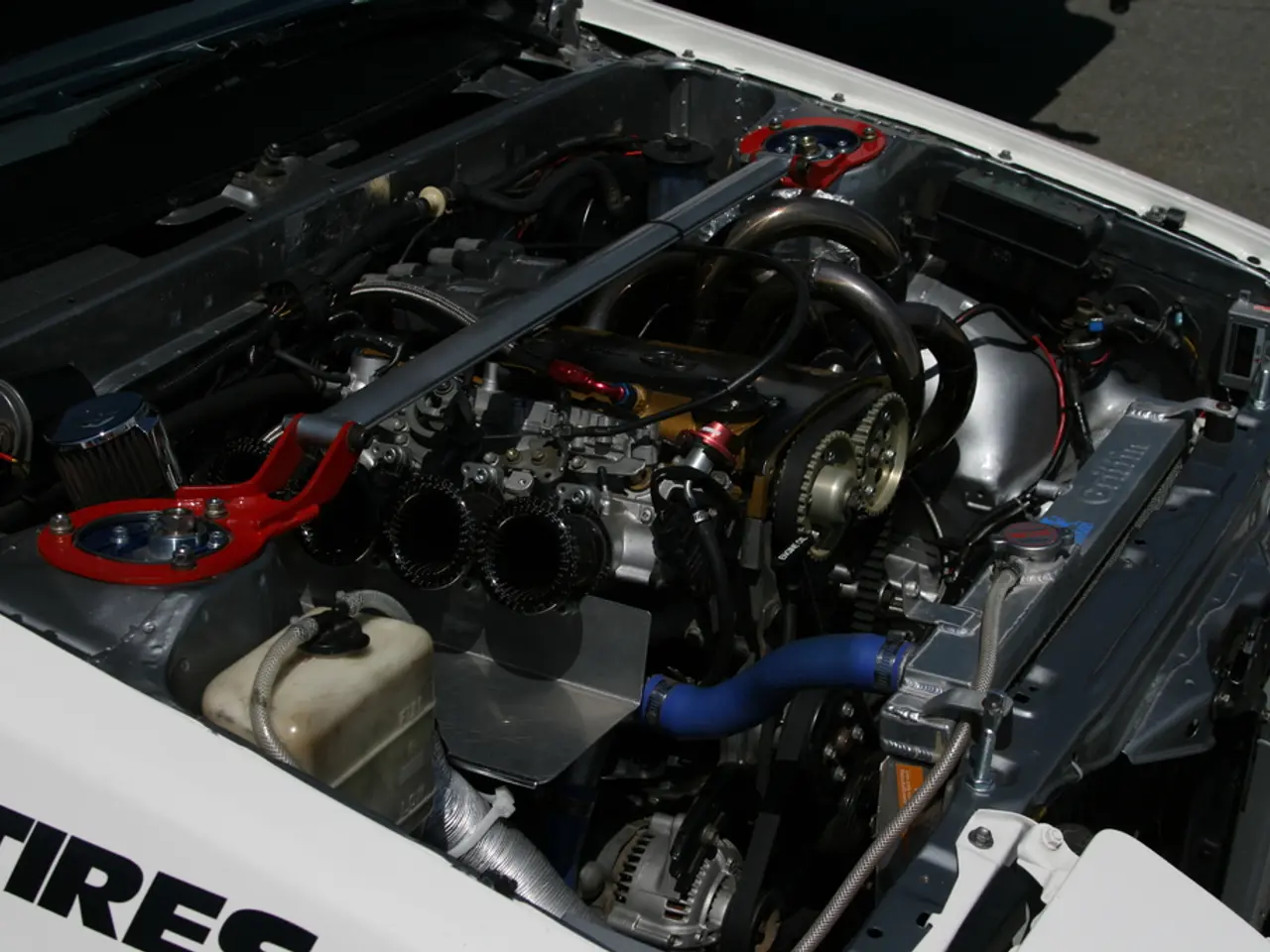ACCURE's 2025 Report Reveals Grid-Scale Battery Storage Challenges
ACCURE Energy Storage Systems GmbH has published the 2025 ACCURE Energy Storage System Health & Performance Report, the first large-scale analysis of operational BESS data. The report reveals insights into the performance and reliability of grid-scale systems, with a combined capacity of over 18 GWh globally.
The report highlights common challenges in battery energy storage projects. Only 83% of projects met or exceeded their nameplate capacity during Site Acceptance Testing (SAT). Commissioning delays, ranging from one to two months, are also a frequent issue.
Advanced analytics can significantly improve battery state of charge (SoC) estimation errors. While common errors are ±15%, projects using these methods can reduce them to ±2%. Best-in-class systems achieved round-trip efficiencies above 88%, with lower efficiencies raising immediate concerns.
However, 20% of battery energy storage systems collect only low-quality data, which undermines long-term reliability and asset value. Moreover, 19% of BESS hardware components triggered operational issues that directly impacted revenue. To mitigate degradation and ensure performance, most BESS projects oversized their systems by 15-25%.
The 2025 ACCURE Energy Storage System Health & Performance Report underscores the need for improved data collection, efficient hardware components, and accurate system sizing in battery energy storage projects. By addressing these challenges, the industry can enhance the reliability and value of its assets.








